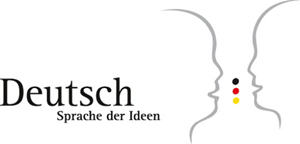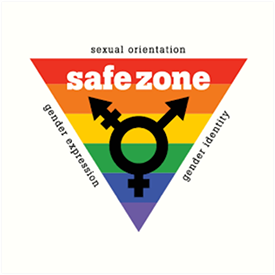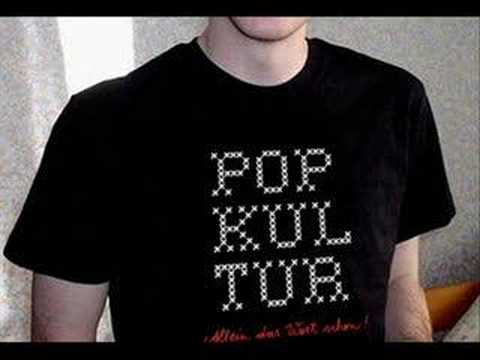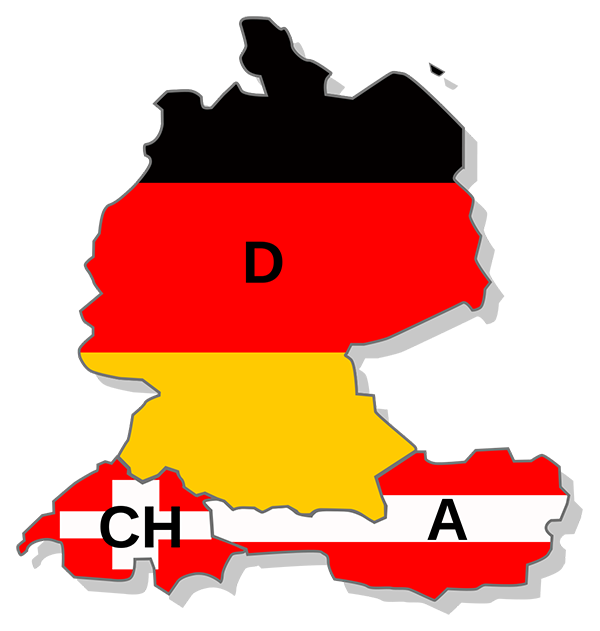Kapitel 5
Verkehrsmittel, Reisen, Urlaub, Ferien, Ausflüge: talking about travel and vacation; review of modal verbs, dative case, and future tense; expressing contrasts and similarities; expressing conditionality and causality; likes and dislikes

Develops further the four language skills: speaking, listening, reading, and writing to a proficiency level regarded as basic communication in German. GERMAN 102 is for students who have completed GERMAN 101 or the equivalent. Students earn two General Education Points for Basic Communication in a Second Language and one General Education Point for Cultures and Diversity. German language study is taught in its cultural context, including history, culture, diversity, and comparison with students’ native culture. Practice in language laboratory and / or use of electronic language-learning media is required. Students must have passed GERMAN 101 or the equivalent in order to enroll in GERMAN 102. GERMAN 102 is offered every semester.
GOALS AND OBJECTIVES: By the end of GERMAN 102, students attain a functioning ability to communicate in German in speaking, writing, listening and reading. Students learn language skills on the basis of selected cultural topics. Objectives are based on the Novice-High level of proficiency as described in the standards of the American Council for the Teaching of Foreign Language (ACTFL).
Specific Goals of German 102:
Speaking and Writing Ability
◊ handle selected rudimentary tasks and social situations requiring an exchange of basic information related to
a. work,
b. school,
c. recreation,
d. self, family, home,
e. daily activities,
f. interests and personal preferences,
g. physical and social needs, such as food, shopping, travel and lodging;
◊ narrate and describe in familiar areas (personal information, common events) in the present tense and in the present perfect tense;
◊ begin to use cohesive devices (conjunctions, etc.) in connected discourse of more than one sentence or phrase;
◊ respond to direct questions or requests for information and ask a variety of questions to obtain simple information to satisfy basic needs, such as directions, prices and services;
◊ use elements and conversational input to make utterances of sentence length and some strings of sentences;
Reading and Listening Ability
◊ skim and scan for information from texts at the novice-high level;
◊ decifer survival texts, such as schedules and signs;
◊ understand and participate in basic conversational exchanges related to the desired speaking ability.
|
New Studying Resource: CircleIn
Bloomsburg University has made CircleIn, an all-in-one studying app and website, available to all BU students. When students wish to talk to other students in class for clarifications, practice, or get help from others in class, this app is an ideal platform. By using CircleIn students can earn rewards and scholarships. |
The following are some examples of disruptive acts during class:
Any and every act of misconduct will affect grades; in the worst cases, such as plagiarism or cheating, students will fail the course.
Students who commit an act of academic misconduct will be subject to sanctions as stipulated by the university. See BU Policy 4802 secton H.
NOTE: The Student Health Center does not issue student illness excuses for missed classes.

◊ Attendance and regular active participation is essential. Every absence and lack of preparation will diminish the final grade.
◊ Students are responsible for checking the BOLT calendar for any and all assignments posted on BOLT, to be completed by the due date.
◊ Students are responsible for any and all assignments sent to their BU email address (University policy).
◊ Written essays must be submitted as an MS-Word document in the disignated folder on BOLT. No assignments will be accepted as email attachments. Each chapter composition may be factored as a percentage of the chapter test.
◊ Voice recordings will be submitted on BOLT using the BOLT recording tool. ◊ Students may be required to use the resources in the Language Laboratory in the Department of Languages and Cultures, except when pandemic precautions prevent use of computer labs.
◊ Assignments are accepted on the due date only, unless there is compelling need to submit a late assignment.
◊ Students are responsible for all computer assignments and must use a computer that can access and operate all the required files and functions. The language laboratory is available for all computer activities, except when pandemic precautions prevent use of computer labs.
◊ Two hours of preparation is expected for each hour in class--six hours of preparation per week.
◊ Students are expected to study the material. Completing assignments and attending class are only part of the learning process. The textbook gives ample explanations. Many assignments are preparation for class activities and will be due before the material is covered in class.
◊ Attitude will contribute significantly to the final grade, even though it is not evaluated in quantative terms.
◊ The final exam is scheduled for GERMAN 102-01: Tuesday, 10 May 2022, 08:00-10:00AM.
◊ Grades posted on BOLT do not represent the official grade record; grades posted on BOLT allow students to gauge their progress during the semester.
◊ No extra credit assignments will be given.
◊ These procedures are subject to change at any time.
Grade distribution (tentative):
◊ Projects, essays, quizzes and assignments: 25%
◊ Active participation in class and in other activities: 25%
◊ Tests and oral interviews: 25%
◊ Final: 25%
◊ GERMAN 102 textbook from the BU bookstore. Only the latest printed textbook is allowed. Printing pages off the website or using a previous edition of the textbook is not acceptable. It is required to bring the hard copy of the textbook and a loose-leaf binder to class every day.
◊ Online Textbook for GERMAN 102 Links to audio and visual materials, as well at links for other resources are accessed here.
◊ Standard 8½" by 11" lined writing paper, either loose-leaf in a binder or a bound notebook.
◊ Exercises, quizzes, and other assignments will be posted on BOLT.
◊ Internet sites and apps as needed.
◊ Supplementary materials furnished by the instructor at no cost.



The lesson plan only sets approximate goals and can be changed at any time.
For the complete tentative schedule of lessons: GERMAN 102 calendar

Verkehrsmittel, Reisen, Urlaub, Ferien, Ausflüge: talking about travel and vacation; review of modal verbs, dative case, and future tense; expressing contrasts and similarities; expressing conditionality and causality; likes and dislikes

Popkultur und Jugend Popular German music; young Germans and leisure activities, talking about past events, describing spatial relations (where things are and where things go)

Österreich, Die Schweiz, Deutsche Regionalkulturen -- Landeskunde Talking about the variety of German-speaking cultures; verbs with fixed prepositions; information questions; giving directions; expressing certainty and uncertainty; adjective endings; calendar dates and events;

Studium, Beruf, Wirtschaft Talking about the German education system and professions in Germany; genitive case; general review